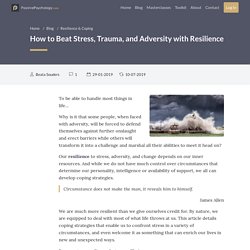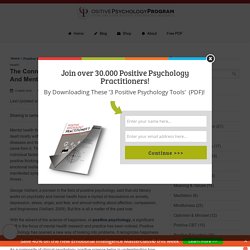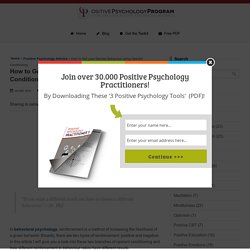

12 Strength-Based Skills and Activities to Add to Your Practice. How to Beat Stress, Trauma, and Adversity with Resilience. To be able to handle most things in life… Why is it that some people, when faced with adversity, will be forced to defend themselves against further onslaught and erect barriers while others will transform it into a challenge and marshal all their abilities to meet it head on?

Our resilience to stress, adversity, and change depends on our inner resources. And while we do not have much control over circumstances that determine our personality, intelligence or availability of support, we all can develop coping strategies. Circumstance does not make the man, it reveals him to himself. James Allen We are much more resilient than we give ourselves credit for. Because true resilience fosters wellbeing. What is Stress Resilience? Stress resilience is a positive response to stress known as mature defense according to George Vaillant. When we can take neutral or negative events and transform them into positive ones, we preserve the integrity of our self. Responses to Stress Dr. Viktor Frankl Dr. Learning. Is Emotional Intelligence Relevant for Kids? (Games, Cartoons + Toys) 18+ Ways to Handle Emotional Blackmail (+ Examples & Quotes)
How to Become Mentally Strong: 14 Strategies for Building Resilience. 19 Cliché Quotes on Happiness and Do They Hold True? Last Updated on March 13, 2019 Photo by Rawpixel from Pexels You don’t have to look very far to find some of the many, many quotes on happiness that exist. But do you ever wonder how these quotes hold up when you consider the evidence? There’s nothing wrong with getting a quick mood boost from a quote—no matter how “accurate” it is—but if you’re like this author you always have the urge to dig a little deeper and see whether these statements hold water. In this piece, we’ll do just that! There are few among us that haven’t found solace, encouragement, motivation, inspiration, or validation from a spot-on quote.
As a reminder, it’s fine to love a quote and continue to draw strength from it even if it’s not 100% in line with current research findings; this exercise is meant to provide an opportunity to familiarize yourself with the literature on happiness and perhaps think a little more critically when you receive cliché or trite advice on how to be happy.
Quotes on Finding Happiness Dr. The Connections Between Positive Psychology And Mental Health. Last Updated on March 13, 2019 Mental health therapists in the past dealt mostly with psychological diseases and the health issues that came from it.

Their focus was less on individual factors like motivation, positive thinking, happiness, and emotional resilience, and more on the manifested symptoms of mental illness. George Vaillant, a pioneer in the field of positive psychology, said that old literary works on psychiatry and mental health have a myriad of discussions on anxiety, depression, stress, anger, and fear, and almost nothing about affection, compassion, and forgiveness (Vaillant, 2009). But this is all a matter of the past now. With the advent of the science of happiness, or positive psychology, a significant shift in the focus of mental health research and practice has been noticed. As a composite of clinical psychology, positive science helps in understanding how we can work on enhancing our internal capabilities and make the best of our present.
Steven R. 1. 2. 3. 4. 1. 2. How to Get your Desired Behaviour using Operant Conditioning. “If you want a different result you have to choose a different behaviour.” – Dr.

Phil In behavioral psychology, reinforcement is a method of increasing the likelihood of a given behavior. Broadly, there are two types of reinforcement: positive and negative. In this article I will give you a look into these two branches of operant conditioning and how different reinforcement to behaviour ratios have different results. Positive vs. Positive reinforcement is the additional stimulus that encourages a certain behavior. On the other hand, negative reinforcement is commonly misunderstood to mean punishment. Skinner’s Operant Conditioning: The Different Reinforcement Schedules B.F.
Using Positive Reinforcement in the Classroom (5 examples and activities) Positive Reinforcement in the Workplace (90+ Examples & Reward Ideas)
Relational Frame Theory: Foundations of Acceptance and Commitment Therapy (+PDF) Relationship Therapy: Enhancing Your Capacity for Connection. Existential Therapy: Make Your Own Meaning.